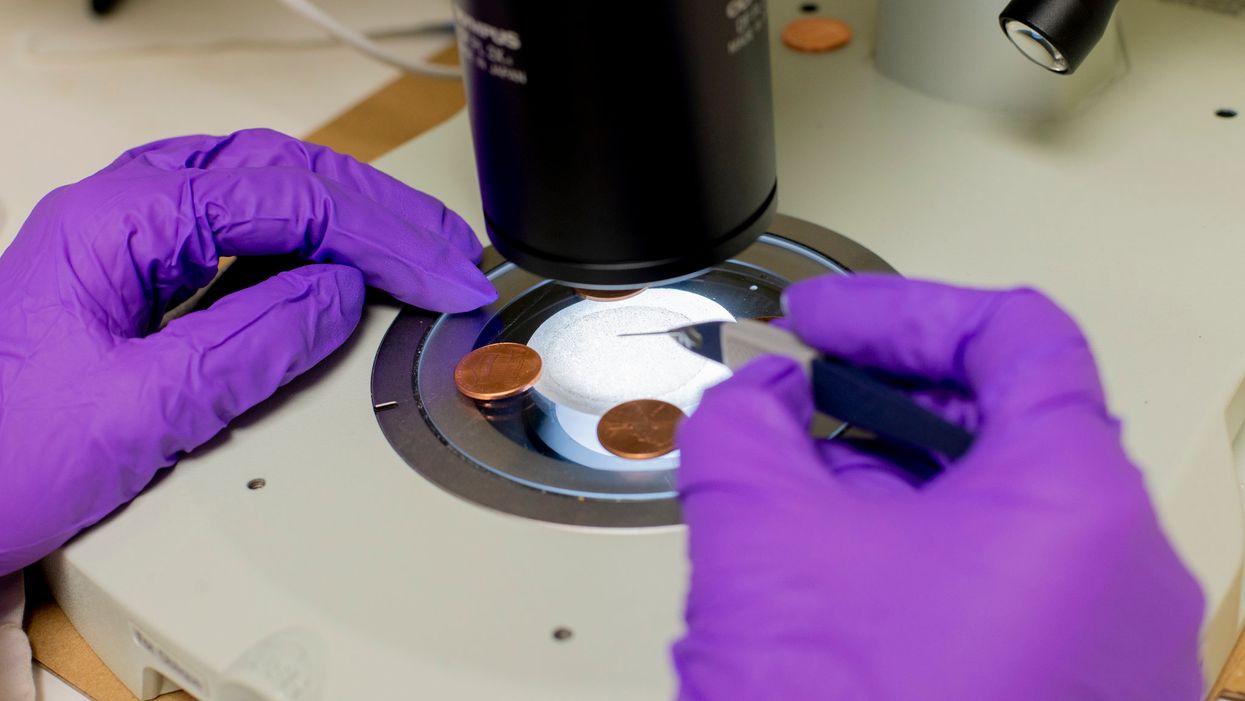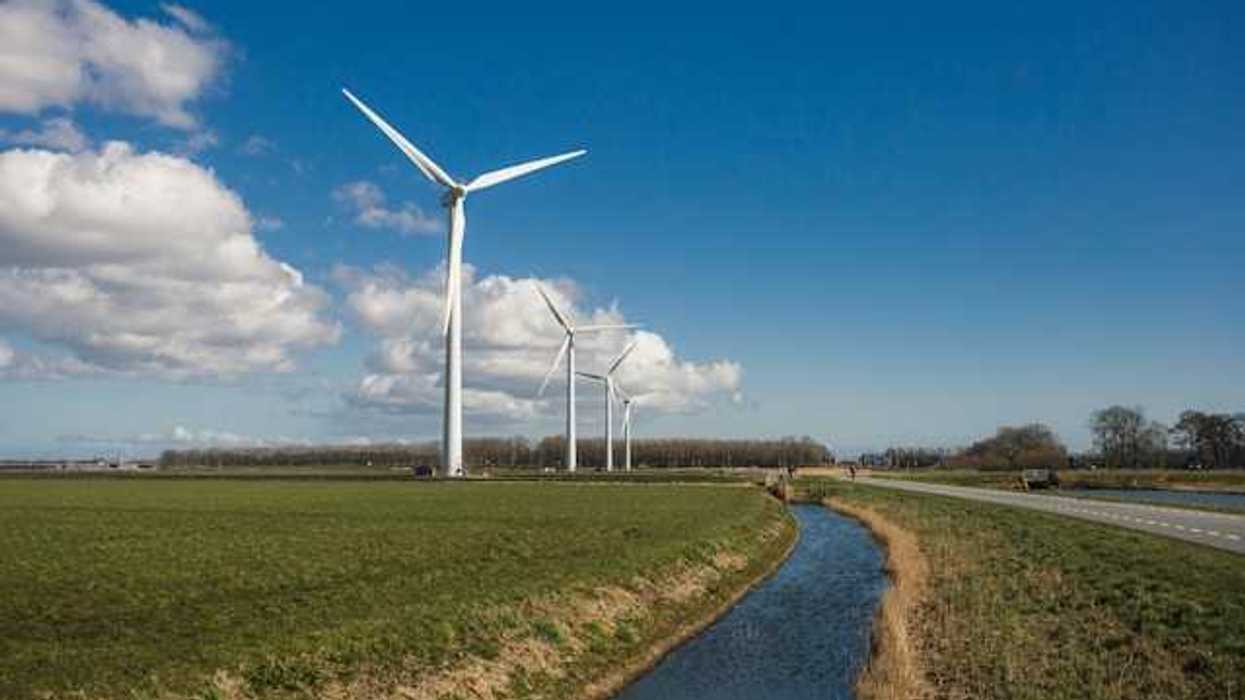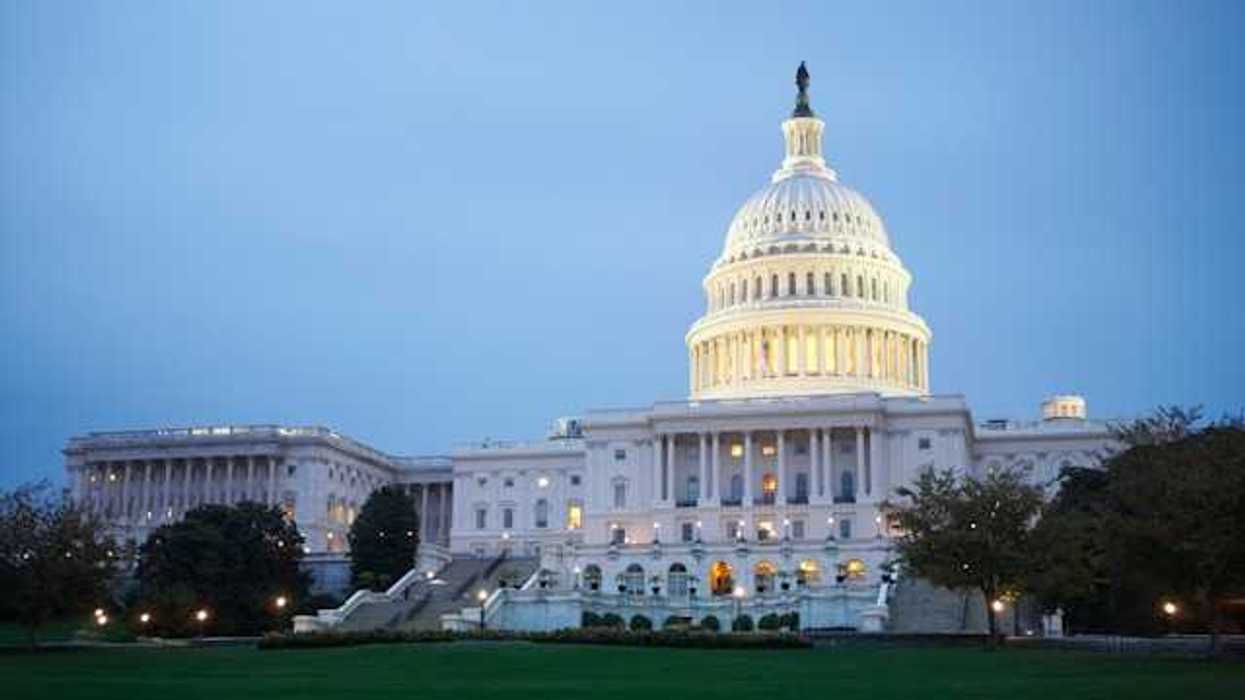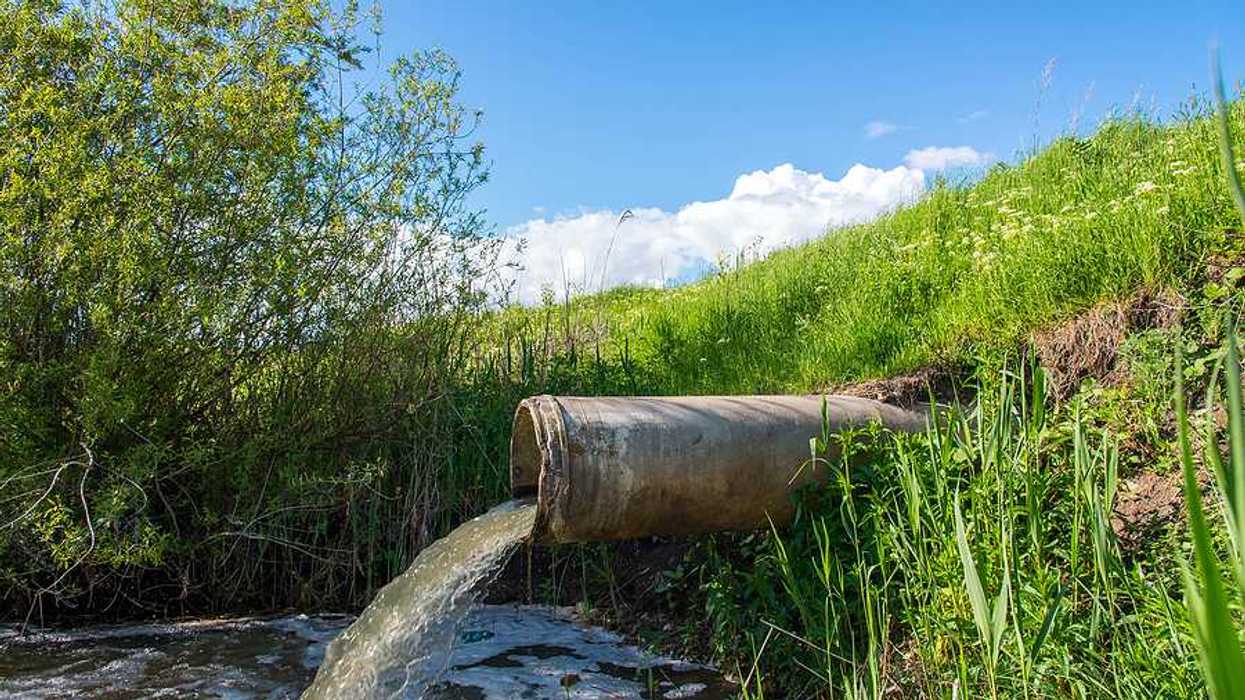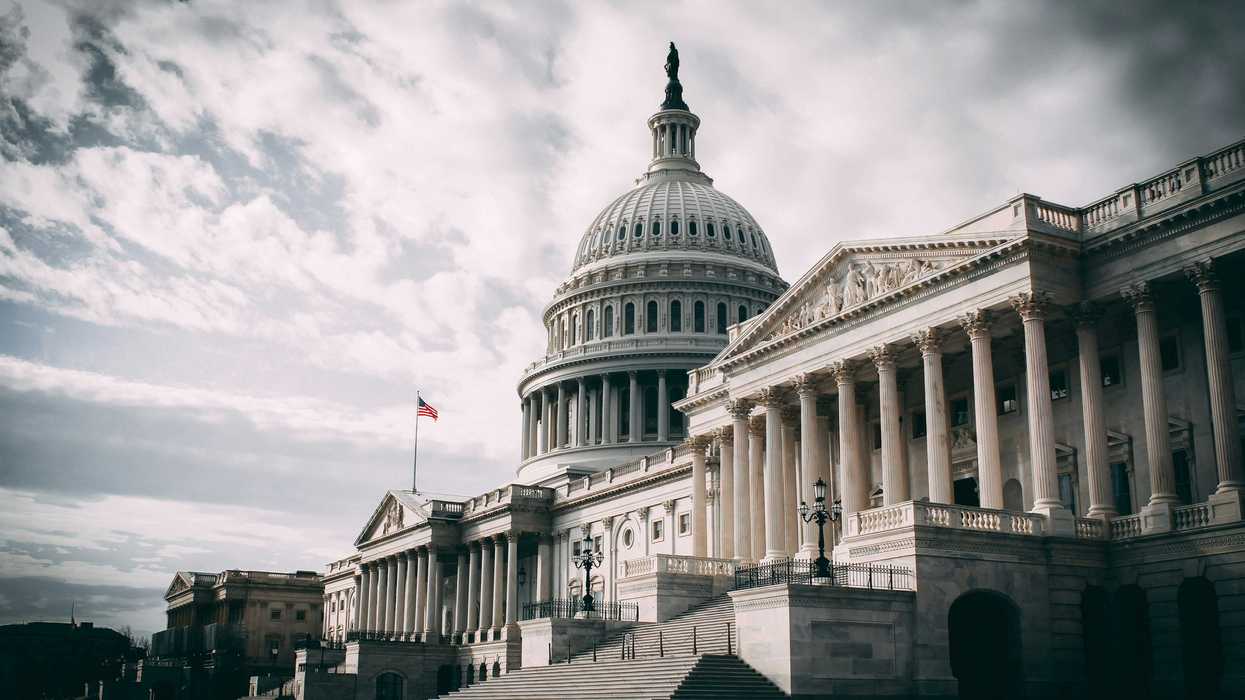Last August, scientists delivered the chilling news that microplastics suspended in the Earth's atmosphere were being deposited in remote areas of the Arctic and Europe. Now researchers report similar microplastic accumulation in iconic American protected areas including the Grand Canyon and Joshua Tree.
Publishing their results today in Science, the researchers estimate total yearly plastics deposition over their study area to be the equivalent of 123 to 300 million discarded water bottles.
The study is the first to calculate rates of microplastic pollution from the atmosphere onto American protected areas and adds to a growing body of research suggesting that microplastics are traveling long distances in the atmosphere. Microplastic pollution can harm wildlife health, and the researchers expressed concern about potential impacts to ecosystem stability in fragile and unique protected areas of the U.S.
Janice Brahney, an assistant professor at Utah State University and lead scientist on the new report, made the discovery while analyzing atmospheric dust—particles that get swept up into the atmosphere and then settle out again.
Examining the dust under a microscope, she found something she did not expect. "Scrolling around these samples, I started to see all these colorful pieces," Brahney told EHN. "Nearly every single sample had plastic in it."
Startled by this finding, Brahney spent more than a year collecting atmospheric dust samples and rain water from remote sites in 11 National Parks and Wilderness areas in the western U.S.—Grand Canyon, AZ; Wind River Range, WY; Craters of the Moon, ID; Rocky Mountain, CO; Joshua Tree, CA; Uinta, UT; Canyonlands, UT; Indian Peaks, CO; East River, CO; Great Basin, NV; and Bryce Canyon, UT.
She hand-counted the microplastics in each sample and subjected them to chemical analysis. Incorporating data from both methods, Brahney estimates that an average of 4 percent of the total atmospheric deposition on the wildlands was synthetic polymers. She also found that 98 percent of samples contained microplastics.
Melanie Bergmann, a lead scientist on last summer's Arctic and European plastic deposition study, who was not involved with the U.S wildlands report, said that atmospheric microplastic pollution has not been well studied. "The research so far has focused quite a lot on the marine sphere," she told EHN. "As we get more studies, we find out that this is an important issue, that there's quite a lot of it in the air."

Joshua Tree National Park was one of 11 sites the researchers tested for microplastic pollution. (Credit: Brian Bienkowski)

Wind River Range, Wyoming. (Credit: Troy Smith/flickr)

Bryce Point, Bryce Canyon, Utah. (Credit: J. Philipp Krone/flickr)
“There are no boundaries”
After observing the magnitude of the atmospheric plastic deposition, Brahney's team wanted to figure out where it was coming from. They compared the rates of deposition that they observed with models of atmospheric circulation patterns. They found that microplastics that were deposited in wet conditions seemed to be originating from nearby urban centers, perhaps when a rainstorm traveled through a city and then moved out to the park or wilderness area.
However, dry deposition rates (which represent 75 percent of total plastics delivered to the conservation areas) seemed driven more by the behavior of the Polar jet stream—an air current that circles the Earth several miles above the surface.
This implies that microplastics could have been transported to U.S. protected areas from much farther away, including other continents. "People have to understand…there are no boundaries," Dianna Cohen, co-founder of Plastic Pollution Coalition*, who was not involved in the study, told EHN. "When it gets into the air…or into the water. It's everybody's problem."
Brahney's team suspects that plastics may originate in urban areas, but then accumulate in the atmosphere, where they travel until slowing air currents or a physical barrier, such as a mountain range, cause them to be deposited.
The team found increased plastics deposition at higher elevations, supporting this hypothesis.

Powerful magnification allowed researchers to count and identify microplastic beads and fragments. (Credit: Janice Brahney, Utah State University)
From clothing to air currents
The majority of the accumulated plastics were microfibers—fragments of synthetic textiles. Most appeared to be from clothing, which sheds microfibers during day-to-day wear as well as washing and drying.
Carpet fibers, and other fibers that could have come from industrial processes, but are common in outdoor equipment, such as tents and climbing ropes, were also discovered. The report pointed out that, while atmospheric patterns imply sourcing over a much larger area, it is possible that some of the observed deposition could have been delivered by park visitors.
Roughly 30 percent of the observed plastics were microbeads, but not the type associated with exfoliants and shampoos. The microbeads were much smaller and may come from industrial paints and coatings. The researchers noted that their small size may allow them to be carried more easily in global atmospheric currents.
Microplastic pollution has been found to cause injury and death in wildlife by accumulating in tissues and the intestinal tract. Microplastics are also thought to move up through the food chain, potentially poisoning larger animals who consume plastic inundated prey.
Braheny's team also identified a potential ecosystem-level risk from the accumulating microplastics they observed.
Pointing to recent research which found that different microbial communities colonize different kinds of plastic, the researchers expressed concern about the potential of plastics exposure altering native microbial communities or the physical properties of soil, and thus changing fundamental nutrient cycling processes in U.S. protected areas.
Brahney hopes that "by identifying the plastics and their potential sources," research will help manufacturers, policy makers, and the public "take steps to help mitigate pollution to the atmosphere."
*Editor's note: Plastic Pollution Coalition sponsors EHN's Plastic Pollution newsletter.
Banner photo: Researchers examined filters from field sites in several national parks and wilderness areas and did visual counts of microplastic beads and fragments deposited by wind and precipitation. (Credit: Brian Kartchner, Utah State University)

